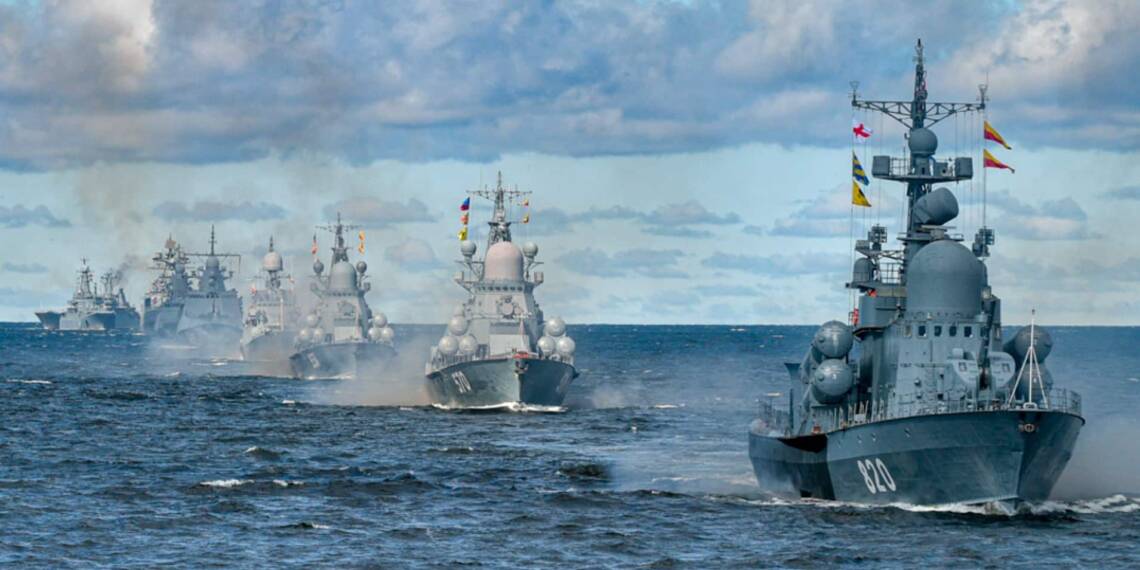The EU, i.e., the European Union, this week approved a fresh package of sanctions against Russia, intensifying economic pressure over Moscow’s ongoing war with Ukraine. A key target of the new measures is Russia’s so-called “shadow fleet” — a network of oil tankers operating outside international regulations to quietly export Russian crude in defiance of Western sanctions.
The sanctions package, the 14th since the conflict began in 2022, is designed to crack down on sanctions evasion and cut off revenue streams that Russia uses to fund its war effort. EU officials said ships involved in these covert operations — often operating without insurance, obscured ownership, or with falsified documents — could now be denied access to EU ports and maritime services.
What is the Shadow Fleet?
The “shadow fleet” refers to hundreds of older oil tankers, many operating under obscure flags of convenience, that Russia and affiliated entities have reportedly been using to continue selling oil despite price caps and export restrictions. These vessels often turn off tracking systems, falsify cargo data, or engage in ship-to-ship transfers to hide the origin of Russian crude. Much of this activity occurs in international waters or jurisdictions with weak enforcement.
Why is it an issue for the EU?
Despite existing sanctions, oil exports remain a crucial lifeline for the Russian economy. Revenue from energy sales helps fund military operations, making enforcement of sanctions critical to the EU’s broader strategy to weaken Russia’s war capability. The shadow fleet allows Russia to maintain these exports while dodging penalties, undermining the effectiveness of Western sanctions.
EU’s Strategic Move
By targeting the shadow fleet, the EU aims to close a major loophole in the sanction’s regime. “This is a strong signal that the EU remains united and determined to hold Russia accountable,” said EU foreign policy chief Josep Borrell. “We are targeting not only those responsible on the battlefield but also the networks enabling them.”
The EU also warned that harsher economic penalties could follow if Moscow continues to reject calls for a ceasefire or meaningful peace talks. Ukraine has welcomed the new measures, calling them a vital step in cutting off the financial arteries sustaining Russia’s aggression.
Analysts, however, emphasize that the success of these measures will depend heavily on international cooperation, particularly with countries where many shadow fleet vessels are registered or operate freely. Russia has many allies across the world, and oil trade is profitable for any mediating nation as well. It would be tough for the EU to limit that reach for Moscow globally. Perhaps they may have some success in the waters close to their major nations, but it will prove to be quite impossible to completely cut off the network of the Shadow Fleet.







